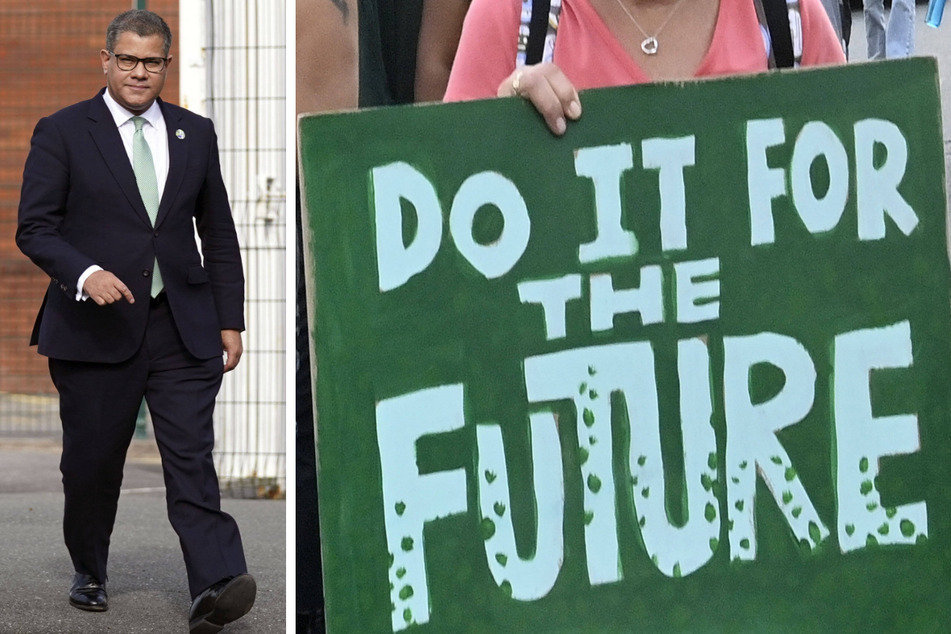Reaching a global climate deal at COP26 will be a tough feat
Glasgow, UK - Securing a global climate deal in Glasgow will be "really tough," warned Britain's Alok Sharma, president of this year's United Nations COP26 conference, on Saturday.

He said sealing any agreement to reduce emissions with be harder "on lots of levels" than signing the Paris Agreement of 2015.
Countries are under pressure to increase their greenhouse gas emission cuts as the world is far off track to meet globally agreed targets to limit temperature rises and curb dangerous warming.
The COP26 summit, which starts in Glasgow, Scotland on October 31, is the effective deadline for countries to bring forward more ambitious national climate plans in a five-year process under the Paris climate treaty.
"What we're trying to do here in Glasgow is actually really tough," Sharma told The Guardian newspaper in an interview. "It was brilliant, what they did in Paris, it was a framework agreement, (but) a lot of the detailed rules were left for the future."
"This is definitely harder than Paris on lots of levels," he added. "What we have going for us is that there is an understanding that we need to deal with this (climate crisis)."
Testing and quarantine arrangements have been put in place for the summit, which was delayed due to the pandemic, with at least 25,000 delegates and more than 120 world leaders set to attend. President Biden's camp confirmed last week he will attend the event on November 1 and 2, following a jam-packed European visit with the pope and the G20 Leaders' Summit in Rome.
Key world power polluters, including China and India, have yet to submit new plans for the next decade, known as nationally determined contributions (NDCs).
The Paris Agreement committed countries to curbing long-term global warming to "well below" 2 degrees Celsius above pre-industrial levels and pursuing efforts to limit temperature rises to 1.5 degrees, beyond which the worst climate impacts will be felt.
The key target for COP26 is set to be keeping the 1.5 degree goal within reach.
Sharma previously said there had been progress since the Paris Agreement was negotiated in the French capital in 2015, when the world was on a trajectory to 4 degrees of warming, and it is now towards 2 degrees.
"The question is whether or not countries are willing in Glasgow to go forward and commit to consensus on keeping 1.5 degrees alive, that's where the challenge will be," he said. "What we're potentially saying to countries is that if your NDC isn't good enough, you're going to have to come back to the table.''
Sharma said he believes no one will want to be pointed out as the country that damages the chances of reaching the 1.5 degree aim.
Cover photo: Collage: IMAGO / ZUMA Press & IMAGO / UPI Photo
